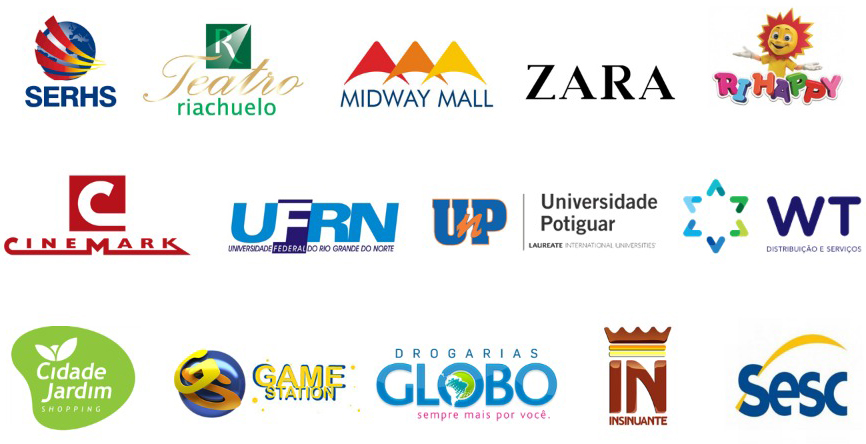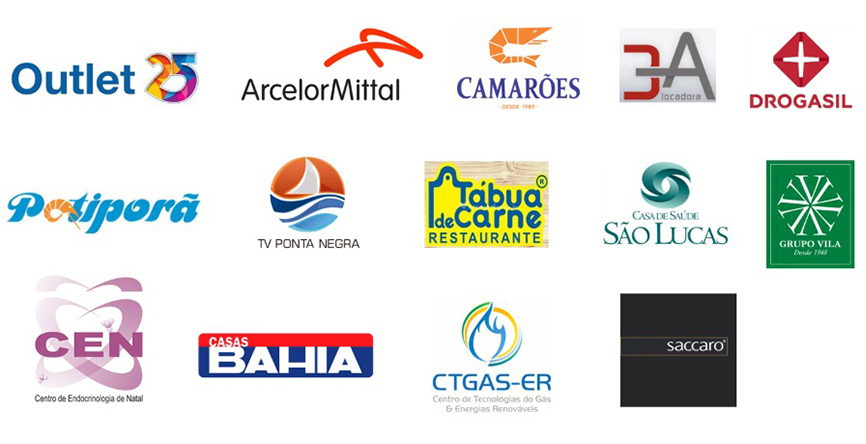Embrace the opportunities for collaboration, trading, and investment that blockchain games offer, and continuously adapt your gameplay strategies to stay ahead. In traditional games, in-game assets are often limited to the game’s specific ecosystem and cannot be transferred to other games or platforms. As a distributed ledger for storing data, blockchain allows modern game developers to create new gaming experiences for players by transforming how in-game data is stored, used, and transferred. Blockchain technology in gaming allows the storage of in-game items and other game data on decentralized databases where they’re more resilient and free from centralized control. In fact, decentralizing control in gaming will give gamers true ownership of game data and lead to the creation of secure and more robust games.
Illuvium Overworld is available to be played through its beta registration. In Gods Unchained, players start with a deck of fantasy cards and can begin playing competitively with other players. Players win cards and FLUX, the in-game currency and token that can be used to upgrade cards. While common cards are not NFTs, higher-level cards won through gameplay are and can be bought and sold to other players. Take that idea, but apply it to cryptocurrency icons and the possibility of some Ether (ETH) payout, and you’ve got CryptoPop. This mobile game, available on the Google Play Store, lets players tap on groupings of cryptocurrency icons with the goal to clear the board. For example, you could have one Scene for the game menu, and another for each level of the game.
Gods Unchained
This incentivizes participation in the ecosystem and encourages players to play more. As blockchain technology continues to disrupt various industries, blockchain games offer a new and exciting frontier in the gaming world. With their unique features such as true asset ownership, decentralized gameplay mechanics, and vibrant in-game economies, these games provide an immersive and rewarding gaming experience. Most reputable crypto games use blockchain technology to secure transactions and assets through smart contracts. However, it’s essential to take personal precautions, such as using hardware wallets and secure wallets to store your crypto assets. Additionally, be cautious about sharing private keys or other sensitive information. Choosing games with a transparent development team and a strong community can also contribute to a safer gaming experience.
What’s Really Happening With NFT Games
By mastering gameplay mechanics and honing your strategies, you can maximize your enjoyment and success in the world of blockchain games. In blockchain games, in-game assets take on a whole new level of ownership and value. Overall, blockchain games introduce a new level of transparency, ownership, and economic opportunities for players. They pave the way for a more immersive and inclusive gaming experience, where players can truly own their virtual assets and participate in a thriving in-game economy. The integration of blockchain technology into the world of gaming has kickstarted what is commonly described as an in-game economy revolution. Cryptogames reward players for playing, and not just in the form of delightful entertainment. The rise of blockchain in gaming has given rise to a sub-genre of lucrative play-to-earn games, which reward players with crypto tokens for playing or participating in any other blockchain gaming activity.
Expanded incentives for crypto gaming novices and veterans alike will grow the user base, too. In addition to that advantage, the decentralized nature of blockchain games encourages more community participation and personal investment. In-game assets refer to the various items, characters, skins, weapons, or virtual properties that players can acquire and utilize within a game. These assets can enhance gameplay, provide unique abilities, or simply serve as collectibles. In traditional games, players do not have real ownership of these assets as they are controlled and managed by the game developer or publisher. However, blockchain games utilize the power of NFTs to change this dynamic.
Mythical Games is a blockchain-based game technology studio that uses ledger technology to help grow digital economies based on digital assets, verifiable trading methods and scarcity of product. With the company’s platform and marketplace, developers can build blockchain economies into their games and create spaces for buying and exchanging digital elements. When it comes to popular metaverse games, Decentraland is a prime example. Players can also generate income by renting or selling their virtual land. By understanding in-game assets and NFTs, you can fully appreciate the ownership, transferability, and value that blockchain games bring to the gaming industry. Embrace the opportunity to collect, trade, and truly own your in-game assets as you immerse yourself in this exciting gaming ecosystem. A crypto wallet is an essential component for participating in blockchain games.
Sorare is a free-to-play NFT game that gives a new player a deck of random cards upon completing several onboarding tasks. However, to progress in the leagues and win prizes, a player must buy rare cards in the game’s marketplace for some ETH. The Sorare cards are divided into four types – Commons, Rare, Super-Rare, and Unique. Neon District is a role-playing game (RPG) that allows users to collect characters, gears and crafts. Like all the games highlighted in this guide, the in-game items and characters featured on Neon District are NFTs.
A subset of these games are also known as play-to-earn games because they include systems that allow players to earn cryptocurrency through gameplay. Blockchain games have existed since 2017, gaining wider attention from the video game industry in 2021. Several AAA publishers have expressed intent to include this technology in the future. Players, developers, and game companies have criticized the use of blockchain technology in video games for being exploitative, environmentally unsustainable, and unnecessary. Once your cryptocurrency is safely stored in your personal wallet, you are now ready to participate in blockchain games.
These nodes can be located all across the network and store the history and copies of all crypto operations on a platform. Non-fungible tokens, aka NFTs, are unique tokenized assets that exist on the blockchain. They use an ERC721 token standard, which allows any type of digital file to be minted and put into circulation as a crypto asset. Further, with the gaming industry being one of the most profitable industries worldwide, players don’t stand to win any real monetary value. Players can stake their own existing NFTs held on either the EOS or WAX blockchains. Wombats can be upgraded with items found in the dungeons or via item creation within the game.
These developments showcase “Big Time’s” commitment to evolving its gameplay and economic model, making it a standout title in the blockchain gaming space. From only one game in 2017, there are around 400 active projects in 2022, meaning it’s becoming more challenging to stand out over time. However, this industry is young enough to be fully developed, so there are still plenty of things to improve and provide your players with a better user experience. The landscape of blockchain gaming is diverse, offering various genres and experiences. Here’s a look at some top blockchain games that have gained popularity due to their unique gameplay and player communities. Please note that the popularity and relevance of these blockchain games are changing nftgamingx.com rapidly, so it’s always a good idea to do current research. Theoretically, since blockchain games are related to the cryptocurrency market, there should be a correlation between these two fields.
These updates highlight Decentraland’s commitment to innovation and user empowerment, ensuring its position as a dynamic and influential player in the virtual world domain. The ability to design and craft items to then use or sell has to be earned, thus rewarding players who participate in the game and help grow its ecosystem. For users wanting to buy Enjin Coin to use in the game, Binance is once again the best bet, though other exchanges do support it. Not only is it allowing them to immerse themselves even more in the games they play, but it is also giving many the opportunity to monetise their hobby. Great players can earn tangible rewards for their skills, while those with an artistic leaning can design and sell desirable, collectable in-game items. Many of us are spending some of that time playing games online too and it’s here that crypto adoption finds another frontier.
Ian Dean is Editor, Digital Arts & 3D at Creative Bloq, and the former editor of many leading magazines. These titles included ImagineFX, 3D World and video game titles Play and Official PlayStation Magazine. Star Atlus offers triple-A gaming visuals and performance, and sets the standard for future NFT games. Gameplay is built around player versus player (PvP) and player versus environment (PvE) missions. You can invest in a fleet by purchasing ships and items from the in-game marketplace.

